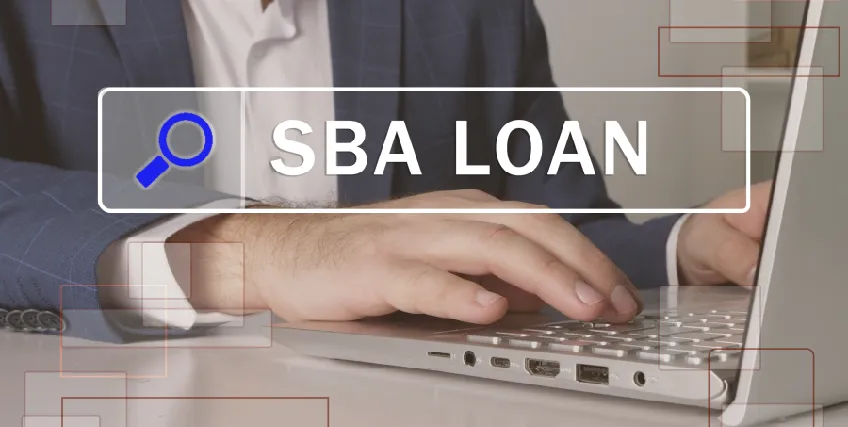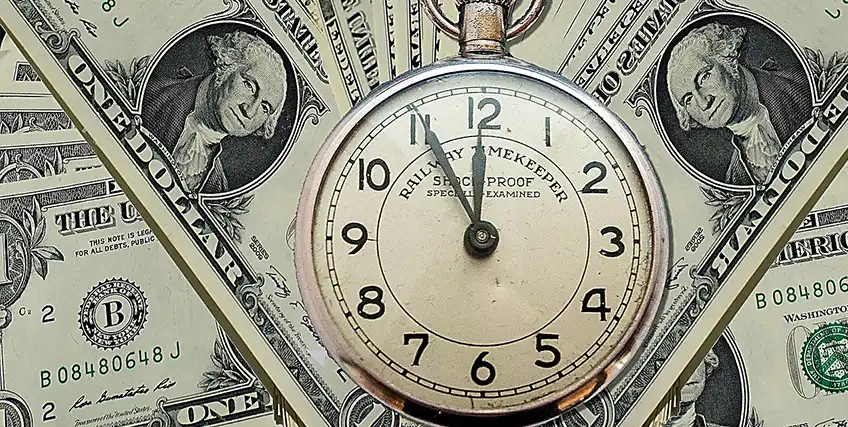Steps to Successfully Refinance Your Business Loan
October 25, 2025 | Last Updated on: October 25, 2025

There are a number of reasons business owners refinance business debt, such as improving their monthly cash flow, move their debt to a loan with better terms like lower monthly payments, or lock in a lower interest rate.
By refinancing a business loan, your new lender pays off your current lender, and you continue repayment with the new lender. To do this, shop around at different lenders to see if they can offer you better loan options. You can do this for both short-term and long-term loans as well.
It can be a beneficial financial move for your business, especially if your existing loan has less than ideal loan terms.
Here’s how to refinance a business loan, and what to consider in the process.
- Can you refinance a business loan?
- When is it best to refinance a business loan?
- What do you need to refinance a business loan?
- The step by step process to refinance business debt
Can You Refinance a Business Loan?
The short answer is yes, it’s possible to refinance business debt for better terms. Business financing can be a large expense for an enterprise, so reducing that monthly burden can give your balance sheet some breathing room.
For example, if you have run up a balance on a business credit card, refinancing to a small business loan could be financially beneficial. Or, if you have a business term loan and need working capital in the form of a line of credit, you could potentially make that transition to have flexible funding.
However, there are a few things to keep in mind to determine if it’s the right financial move for your business.
Here’s what to consider:
- Different types of small business loans: There are plenty of refinancing options for small business owners, including SBA 7 loans, commercial real estate loans and equipment loans.
- Current interest rates: The first thing to do is see if there is a meaningful gap between the interest rate on your current loan and where interest rates currently sit. Rates rise and fall with economic conditions, so if rates are lower than what you currently have, you could potentially save money each month.
- Loan terms: If you need improved repayment terms like lower monthly payments, refinancing your original loan could be beneficial.
- Existing loan terms: Some small business loans come with prepayment penalties. This means that if you refinance, you could be on the hook to pay the original lender additional money to close out your loan.
- Closing costs: Small business refinance loans typically come with closing costs, which can eat into the savings of refinancing.
When Is It Best To Refinance a Business Loan?
Refinancing business debt is a very cyclical opportunity. When the Federal Reserve lowers interest rates, business owners often rush to refinance their existing debt.
When rates hit lows in 2020, debt refinancing applications soared. The graph from Fannie Mae below shows that when interest rates drop, the number of loans refinanced spike.

Outside of interest rates, consider your business needs as well. If your current loan terms are impacting your annual revenue, it may be time to consider a new type of business loan or get better borrowing terms for a new lender.
What Do You Need to Refinance a Business Loan?
Interest rates are out of our individual control, but there are several within your control if you begin the refinancing application process.
- Business credit score: When you apply to refinance a business loan, the lender will likely check your business credit score (and even possibly your personal credit score). Before you start applying, be sure to check your business credit score.
- Documentation: Lenders will look to see if you’ve been able to pay back your current loan before they refinance your loan. This will likely show on financial statements like bank statements and tax returns.
- Collateral: This is dependent on the type of loan you take out. For example, if you opt to refinance a loan from the Small Business Administration (SBA loan), it may require collateral to securitize the loan. This also varies on the lender as online lenders, banks and credit unions will each have their own requirements.
These factors, among others, are what the lender will use to determine your eligibility.
Step by Step How to Successfully Refinance a Business Loan
The process of business loan refinancing will vary based on the lender, but it will likely go something like this:
- Submit applications to several lenders for a loan refinance
- If you’re approved, you will receive the loan terms. This is when you can compare them on the following factors: loan amount, interest rate, and repayment terms.
- Once you select a lender, you will finalize the loan agreement, and your new lender will pay off the original lender in a lump sum. From here, you begin paying off the new loan with the agreed upon repayment schedule.
Bottom Line
Refinancing a business loan can be a strategic move for a business operator to open up new lending options. Whether it's for debt consolidation or adjusting to a new financial situation, refinancing could be a great way to shift your business.
FAQs About Refinancing Your Business Loan
Is it possible to refinance a business loan?
Yes, it is possible to refinance a business loan. If you have a higher interest rate and you can qualify for a lower interest rate, it could lower your overall loan payments.
Can an SBA loan be refinanced?
Yes, SBA 7(a) and SBA 504 loans can be refinanced.
Can you renegotiate a business loan?
Yes, but this is dependent on the lender. If you cannot renegotiate, you may consider refinancing.




